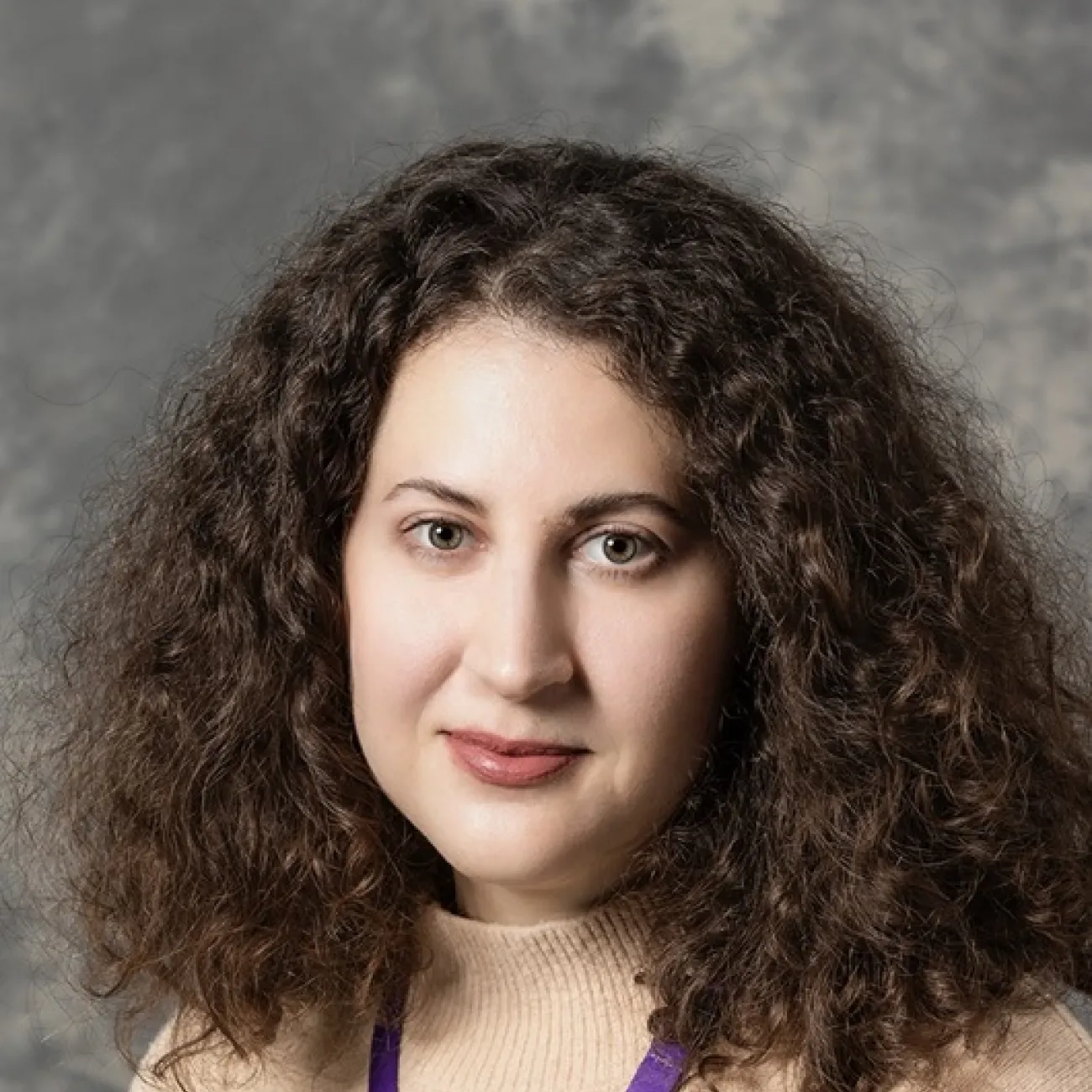About
Dr Dimitra Gkitsa is an arts professional and interdisciplinary scholar working in the intersection of memory studies, affect, activism, contemporary art and curatorial practices, and the post-socialist visual cultures, with a particular focus on the geo-political region of Southeast Europe.
Research
Research groups
Research interests
- Curatorial practices and discourse
- Collective and cultural memory
- Arts infrastructure in spaces of tranisition and difficult pasts
- Post-socialist visual cultures and practices
- Migration, arts mobility and networks (especially those of Eastern Europe)
Current research
My research is inter-disciplinary and draws inspiration and methodologies from memory studies, affect theory and visual cultures, art and curatorial discourse and practice. My current research interests can be divided into three main themes:
- 1) Affective Commoning
My doctorate thesis, entitled Affective Commoning: Collective Curating in the Post-socialist Space, examined art collectives and collaborative practices in Albania, Serbia, and North Macedonia. This was developed by analysing the interventionist ways in which a younger generation of artists and curators in the region work with remnants of the post-socialist past, including public spaces, material objects, unofficial histories, and testimonies. In my thesis, I propose the term 'affective commoning' as a concept tool to describe a body of art and curatorial practices that common anew spaces and temporalities of the socialist past, transforming collective 'memory-work' into affective political action. I am currently preparing a monograph, based on this research.
- 2) Ecologies of Decay and Post-industrial Landscapes
During my two-year research fellowship at the School of Slavonic and East European Studies (SSEES), University College London (UCL), I researched the legacy of post-industrialism in Albania. This was developed through three main entry points: a) collecting experiences and testimonies of local communities in rural areas; b) researching and influencing current cultural and economic policies on post-industrial heritage; c) examining artistic and curatorial interventions that work directly with the abandoned industrial sites through performances, photography, installations, and exhibitions. The aim of this research project was to shed light to a currently under-represented modern heritage of the socialist past in Albania and to investigate the ways in which the visual and material cultures of post-industrialism can help us to understand broader issues related to the social and political transformations that followed after socialism. As part of this project, in 2022 I organised the conference Ecologies of Decay: Modern Ruination in Global (Post)socialist Peripheries, which aimed to explore current entanglements with matters, materials, materialities of post-industrial landscapes, including issues of waste, memories, labour. The outcome of these conversations led to the creation of Post-matterialisms, an ongoing reading group that I co-facilitate.
- 3) Visual Cultures of Migration and Migrant Cultures
I am currently interested in exploring further the ways in which migratory experiences affect cultural production, both when it comes to offering visibility and representability to difficult experiences and when it involves the development of informal solidarity networks, knowledge exchange and affective infrastructure in migrant places. I am currently developing new research in relation to the ways in which histories of Albanian migration have shaped contemporary art practices and issues of identity and belonging, particularly amongst second generations.
Publications
Teaching
Dr Dimitra Gkitsa teaches across the MA modules in Arts and Cultural Leadership, and in Contemporary Curating at Winchester School of Art.
Previously, she has taught courses on curatorial practices and discourse (in the department of Visual Cultures at Goldsmiths University of London), contemporary art history and theory (in the School of Creative Arts at the Unversity of Hertfordshire), post-socialist visual cultures and the intersection of arts and politics (in the School of Slavonic and East European Studies at University College London).
She holds a Postgraduate Certificate in Learning and Teaching in Higher Education and is a Fellow of the UK Higher Education Academy.
Current Modules:
ARTD6222 Professional and Academic Practices
ARTD6224 Methods for Arts and Cultural Research
ARTD6213 Curatorial Challenges and Experiments
Biography
Dr Dimitra Gkitsa joined Winchester School of Arts at the University of Southampton as a Lecturer in Curating and Cultural Leadership in 2023.
Prior to this, in 2021-2023 she was the Alexander Nash Research Fellow at the School of Slavonic and East European Studies, University College London, where she conducted new independent research on the legacy of post-industrialism in Albania. As part of this, she organised in 2022 the two-day conference and artist talks Ecologies of Decay: Modern Ruination in the (Post)socialist Global Peripheries.
In 2020 she completed a PhD in Visual Cultures at Goldsmiths, University of London. Her doctoral research thesis which made contributions to the study of contempoerary curatorial and art collective practices in Southeast Europe was funded by the Onassis Foundation.
Dr Gkitsa has previously been an Associate Lecturer in Visual Cultures at Goldsmiths, University of London and a Module Leader in Critical and Cultural Studies (Fine Arts) at the University of Hertfordshire. In 2019, she was a Research Assistant on the Arts and Humanities Research Council (AHRC) funded project The Museums + AI Network.
Outside academia, she has collaborated with non-for-profit organisations, including the British Council in Athens, where she co-ordinated the training project Transforming Future Museums: International Museum Academy (2016), and the Institute of Contemporary Arts (ICA) in London where she was involved in aspects of public programming (2015).
Common to all her research projects and practice is a set of values based around using culture and contemporary art as a force for social change, to redress inequalities and increase understanding and cohesion in the society.
Qualifications
- PhD Visual Cultures, Goldsmiths University of London
- MFA Curating, Goldsmiths University of London
- MA Cultural Management, Panteion University of Social & Political Sciences (Athens)
- BA Communication, Media and Cultural Studies, Panteion University of Social & Political Sciences (Athens)
